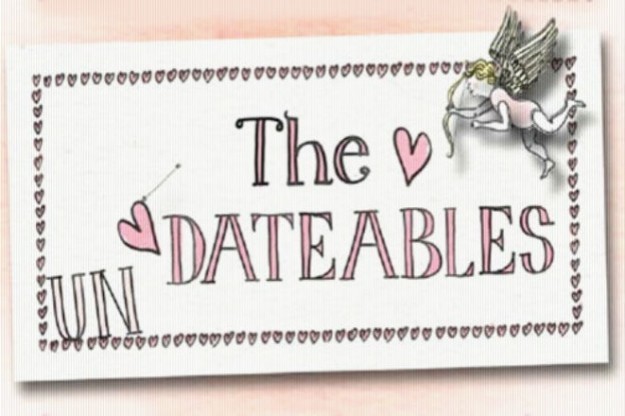I was five when I had my first boyfriend. Being only five, I liked him for the following reasons: he had floppy hair, big brown eyes, and wore a denim jacket to class – it was 1978. He was a bit different from the other boys, and being a bit different myself, this seemed like the perfect match.
We would hold hands at break time and I invited him to my birthday party. Naively I thought this is the way it would always be. I would ask a boy out, he would say yes, and we would be happy until I found the next love of my life.
I remember the first time I heard, in hushed tones, “such a pretty girl, such a shame about the ‘handicap’.” I wondered why on earth a limp and a bit of a clenched hand was considered ‘a shame’; I had lived in a family home where I was considered perfect, just the way I was. As I got older I started to notice there were no girls or women who resembled me on TV, in the magazines, or in school, and I began to realise just how different I was. There still aren’t; disabled women remain hugely unrepresented in the media.
The teenage years hit, and with them came the loss of non-judgemental behaviour from my peers. I was told no one dates “spazzy girls”. I was a freak, unattractive, undesirable, and no one would ever want me.
We can all agree that objectification is wrong, however, to have sexuality entirely stripped away from your identity can damage your development just as much as society’s constant bombardment of over sexualised images. What infuriated me then, and still does, is that the choice to express myself sexually – in a relationship or out of one – was laughed at… or worse, fetishised.
A few years ago, on the advice of a friend who had once been a high class escort, I joined a disabled dating website. Actually, their first suggestion was to buy myself a male escort, but as I could not afford the £1,000 for a night of passion (yes, £1,000 – I spat my drink out at the cost; give me £50 and send me to the nearest sex shop please!) I opted for the dating agency. I was in between boyfriends, and not that fussed, but realised that I had never ventured into the world of disabled dating before, despite having cerebral palsy myself.
I dutifully put myself online and waited for the messages to arrive. 48 hours later the first message popped up, from a good looking man describing himself as “able bodied” but saying he had “no problem” having a disabled girlfriend. “How very gracious of you!” I snorted, but I gave him a chance.
Over the course of the next two days things got very interesting. He assumed I was in a wheelchair (I’m not). He assumed I did not work (I worked 2 jobs, and still do). He assumed I had very little sexual experience (HA!) and he was also under the assumption that I could not care for myself. All of these things added up to making him very horny indeed; I am not a naive woman, but I honestly didn’t know whether to laugh or be suitably shocked at the erect penis that popped up on my screen. When I calmly responded that none of those things applied to me, the response was droopingly swift. At that point I laughed… and laughed hard.
So, I find myself in two categories: desexualised or fetishised. Neither represents me. All adults have a right to a healthy sexuality and a choice in how they express it, disabled or not. A disability should not make me feel like less of a woman, or ashamed and embarrassed about my sexual desires. They do not define me, but they are an integral part of me, just as my disability is.
We need to stop seeing disabled women as odd or unrealistic when they express their desires, or in TV shows where they are still treated as side show freaks. They are human and those feelings are real. If we are working towards a more inclusive society, disabled women need to be seen as whole individuals. I fear though, we still have a long way to go.
Lisa Jenkins is Arts Editor for God Is In The TV Zine and contributor to The Quietus. She also happens to have cerebral palsy. Follow her @lisaannejenkins
– See more at: http://www.feministtimes.com/disabled-dating-freaks-fetish
